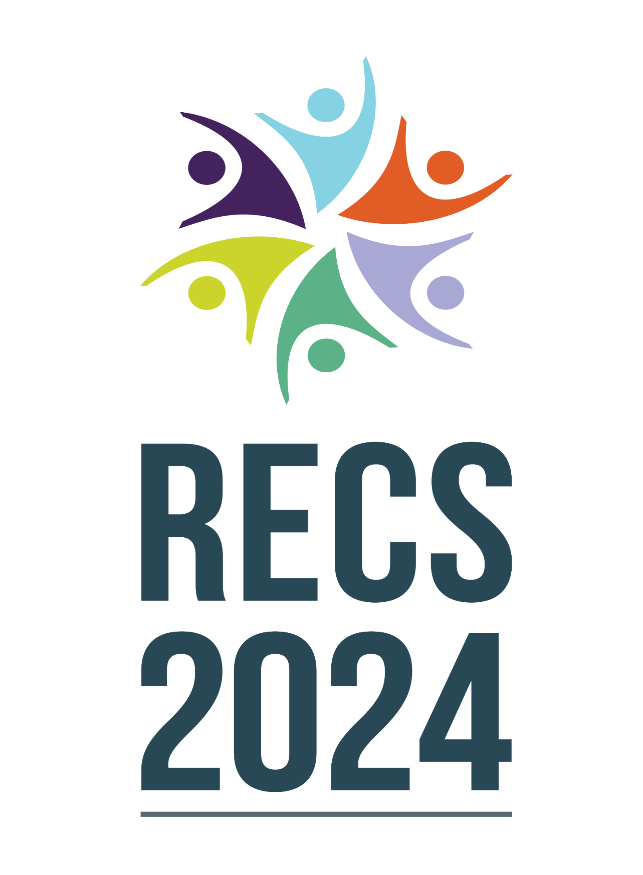Why use this fact sheet? As medical professionals who work with pregnant patients, you face numerous medical, legal, and ethical decision points when treating a patient for substance use during pregnancy, and when providing care to a neonate with drug … Read More
Data

Child Welfare Ideas From the Experts
The Imprint is highlighting each of the policy recommendations made this year by the participants of the Foster Youth Internship Program, a group of eight former foster youth who have completed congressional internships. The annual program is overseen by the … Read More

Child & Family Services Review Process
The Children’s Bureau (CB) conducts Child & Family Services Reviews (CFSRs) periodically to review state child welfare systems. These reviews are the federal governments’ main compliance and enforcement mechanism, but they also serve as a critical component for promoting a … Read More

Leveraging Economic and Health Policies to Prevent Infant and Toddler Maltreatment: A State Policy Toolkit
This toolkit aims to facilitate collaboration among state-level policymakers, agency leaders, administrators, and other partners to pinpoint the connections between policies that promote family well-being and those that prevent child maltreatment. The resources in this toolkit are intended to inform … Read More

12 Ideas for Supportive Adults to Help a Young Person in Foster Care Through the Holidays
1. Understand and encourage youth’s own traditions and beliefs 2. Discuss what holidays look like in your home 3. Understand if youth pull away, and prioritize mental health and wellbeing READ MORE

The Charter School Advantage: How Charter Schools can Advance the Educational Solutions that Students with Disabilities Need
Executive Summary Nearly fifty years after the initial passage of the law now known as the Individuals with Disabilities Education Act (IDEA), students with disabilities experience profound inequities and opportunity gaps in public education. Finding solutions to these challenges requires … Read More

Ensuring Educational Stability and Success for Students in Foster Care
Introduction Students in foster care represent one of the nation’s most vulnerable student groups. In addition to the social-emotional challenges and trauma that students in foster care experience, studies find that students in foster care are much more likely than … Read More

Inescapable AI
The Ways AI Decides How Low Income People Work, Live, Learn, and Survive Executive Summary The use of artificial intelligence, or AI, by governments, landlords, employers, and other powerful private interests restricts the opportunities of low-income people in every basic … Read More

Equitable Access to Transportation Advisory Council Releases 10 Key Recommendations to Advance Youth Transportation Equity
The Equitable Access to Transportation Advisory Council (EATAC) today announced 10 key recommendations to improve transportation access for America’s 54 million students, following the release of a comprehensive survey highlighting significant gaps in youth transportation services. The results of the survey, … Read More

2024 Research and Evaluation Conference on Self-Sufficiency (RECS)
Videos from this year’s Research and Evaluation Conference on Self-Sufficiency (RECS) have been posted online! The videos cover topics such as Temporary Assistance for Needy Families flexibilities to provide concrete and economic supports for primary prevention in child welfare; racial bias … Read More

